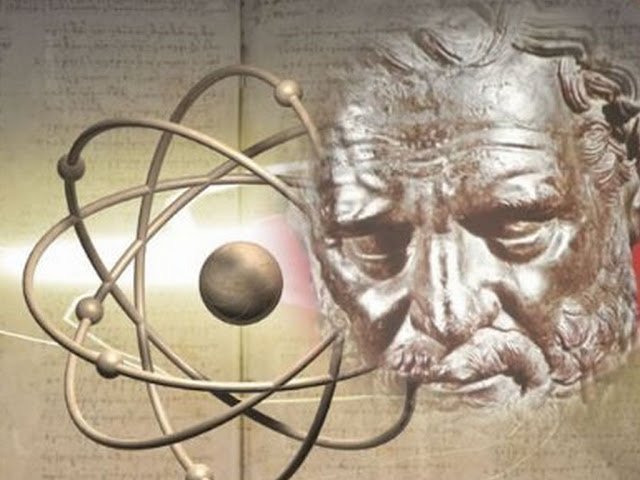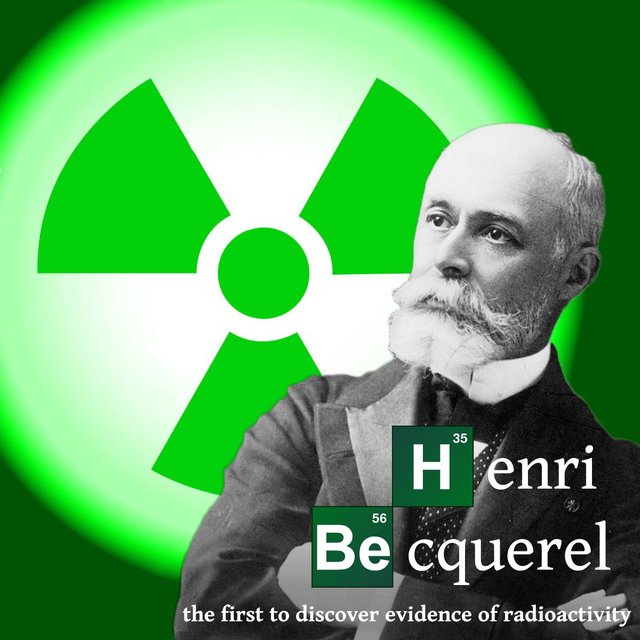
The ancient Greeks had wondered about all the mysteries of the Universe. They wondered from the size of the largest, to the existence of the smallest particles of matter; one of those Greeks called them atoms, which means, particles that can not be divided.
But humans forget this truth, because during the Middle Ages, it was not interesting to think about anything and to think about something was forbidden.
But everything in life ends, the Middle Ages also ended. And humans started thinking about everything again; of course the atoms, such small particles of matter, generated gigantic discussions.
The Church, for example, thought that atoms could not exist, because god could not create particles that he himself could not divide.
And so, between one discussion after another, one day a Frenchman named Henri Becquerel was born, who belonged to an extirpa of outstanding scientists. Becquerel wanted to enter those seductive territories of science, where there are no revealed truths, but elusive. He did it to investigate the mysteries of the atoms, which ultimately, and despite everything, did exist.
A day like today, to the astonishment and euphoria of the scientists, before the academy of sciences of France, made the demonstration of radioactivity. It was the first step in the management of atomic energy, with all its threats and with all its hopes.
Becquerel made the experiment on a day like today, June 12, 1901.
And very far in time, like ... 400 years before our era, Democritus, the first to raise the existence of the atom, smiled with pride and gratitude.
